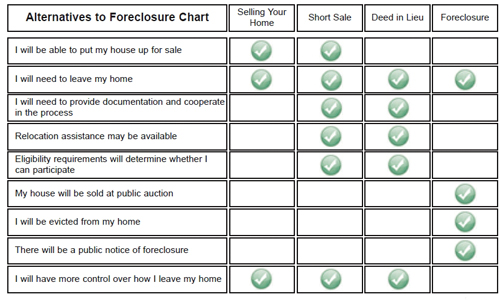The number one complaint we hear from sellers is that they listed with a Realtor and never heard from them again. The number one complaint we hear from buyers is that either the Realtor doesn’t return their calls or their Realtor is out of town and can’t show them properties.
Buyers and sellers aren’t being unrealistic. They need help and that’s why they go to a real estate agent. Because buyers and sellers have questions, it’s not enough for the agent to know the answers but keep the knowledge locked up in a vault. That knowledge and information must be communicated with the customer.
In the old days we provided each of our clients with a communication binder where they would store all the reports, ads, and feedback we’d send them through the mail or personal delivery. We would discuss the reports with the clients, but there was a delay because of they way they were sent.
Communication the Key to a Successful Real Estate Transaction
Today communication is better and immediate. Our sellers receive a communication portal which is essentially a website we setup for each of our listings with private access by each seller. They login and see the marketing activities, the showings, and the feedback. They see the timelines and what is left to do on the checklist and what our team has already completed. There are links to the PDF of their ad in the newspaper. They can view each ad just as it’s printed. We can also post links to websites all over the Internet. When we list a property we place it on dozens of websites. The seller sees as we post these ads. They can preview their ad on Zillow, Trulia, realtor.com, Craigslist, News Press, LeeCountyOnline.com, REMAX.com, and all the other websites we place it on.
Sellers love viewing their printed newspaper ad online. They can send it to friends, or just have it for their records. All communications between sellers are stored there as well for easy reference.
When the property goes pending, the transaction gets another website. Inspection reports are posted along with progress on buyer’s loan if applicable, timelines, etc. When we speak with clients they can actually see what we’re talking about. It really helps make our sellers a more educated seller, and that’s a good thing.
We have systems for buyers as well. While they’re shopping for a home we have a client portal. In that portal they can store favorites, take notes, and be alerted when matching properties enter the market or change price immediately. This helps buyers get a leg up on other buyers who are shopping for the same thing. The early bird gets the worm.
When the buyer finds a property and goes under contract, we also setup a web portal where they can log in and check their progress. We are in constant communication regarding their loan, inspections, insurance, HOA or Condo Association deadlines, etc. We’ve taken a complicated process and made it easy to follow along and understand.
It all starts with communication. When buyers and sellers understand the process and know ahead of time what to expect, they begin to trust. They trust their agent and they trust the process. When buyers and sellers trust the process, they’re not surprised and they can make adjustments when necessary without freaking out because they were caught off-guard. Yes, unexpected surprises can happen in a real estate transaction, but being prepared and proper communication upfront goes a long way to solving surprises later on.
Many transactions have few if any surprises, and that’s the way it should be. Each Realtor has their own systems they like to use. When selecting a Realtor, just make sure you ask about communication so you know what to expect. Have them show you their systems. Selecting a Realtor based upon communication systems and skills might be the single best criteria you could use to determine which Realtor to work with.
You can always reach us at 239-489-4042 or search the MLS at www.LeeCountyOnline.com
Good luck and Happy Selling/Buying!
Our team is growing again. We need a closing transaction coordinator. Full-time position. Call us at 239-489-4042 if you are looking for a job and have real estate, mortgage, HOA or title experience.
New Listings:
31 Lagoon St
31 Lagoon St North Fort Myers– 5 Bedroom 3 Bath home on the water seconds from the river with pool.
31 Lagoon St Single Property Website
31 Lagoon St North Fort Myers on Instagram
12724 Aston Oaks Dr
5 Bedroom 3 Bath Home in South Fort Myers
12724 Aston Oaks Dr Single Property Website
12724 Aston Oaks Dr Virtual Tour
7479 Twin Eagle Ln
Eagle Ridge 5 Bedroom 4 Bath Golf Course Home
7479 Twin Eagle Ln Fort Myers Single Property Website


















